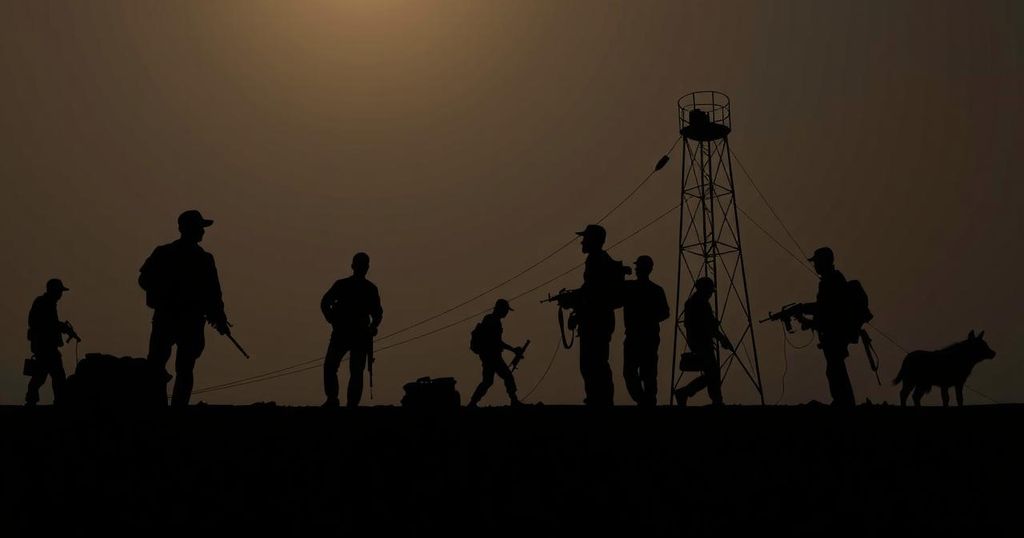The UAE’s Covert Military Operations in Sudan: Humanitarian Aid or Military Strategy?
Summary
The United Arab Emirates is reportedly engaging in a covert military campaign in Sudan, utilizing humanitarian aid as a cover while supplying drones and arms to combatants involved in grave human rights abuses. This strategy undermines genuine humanitarian efforts and raises serious ethical concerns about foreign intervention in the conflict.
In an unsettling development within Sudan’s ongoing civil conflict, the United Arab Emirates (UAE) has been implicated in a covert initiative that employs humanitarian assistance as a facade for military operations. Despite portraying itself as a humanitarian benefactor primarily concerned with alleviating suffering in the war-torn nation, evidence suggests that the UAE is orchestrating a sophisticated campaign to provide material support, including advanced drones and weaponry, to factions engaged in egregious human rights violations. Drones, purportedly facilitating humanitarian efforts, have been observed coordinating arms shipments to combatants who have allegedly committed widespread atrocities. This duplicity is epitomized in the UAE’s association with the Red Crescent, which is being exploited to mask covert military objectives under the guise of humanitarianism. This strategic maneuvering underscores the UAE’s intent to solidify its influence within the fractious landscape of Sudan, amid a backdrop of increasing famine and violence. As one of the richest nations in the Gulf, the UAE aims to assert its dominance as a regional power by supporting factions it deems favorable while simultaneously positioning itself as a mediator for peace and relief efforts. This involves covert drone operations emanating from bases that are ostensibly designed for humanitarian endeavors, shrouding their military implications beneath a veneer of altruism. This calculated approach not only complicates the humanitarian landscape but exacerbates the suffering of civilians caught in the crossfire of a brutal conflict. UAE’s activities in Sudan highlight the complex interplay of war, aid, and foreign intervention, revealing a grim reality where humanitarian missions can be co-opted for aggressive military strategies.
The civil war in Sudan represents one of the most dire humanitarian crises currently facing the continent of Africa, characterized by widespread violence, displacement, and famine. The conflict finds its roots in a myriad of political and ethnic tensions, with various factions competing for control and influence. In this volatile landscape, external actors like the UAE have sought to leverage their resources and strategic alliances, often blurring the lines between humanitarian efforts and military engagement. This has raised ethical concerns about the role of foreign aid and intervention in exacerbating rather than alleviating the plight of the Sudanese people. The UAE’s dual strategy not only complicates the international response to the crisis but also raises alarms regarding the broader implications for peace in the region.
In summary, the actions of the United Arab Emirates in Sudan exemplify a troubling trend where humanitarian efforts are utilized as a cover for military ambitions. The dual nature of UAE’s involvement—simultaneously providing humanitarian aid while arming factions implicated in severe human rights abuses—underlines the complexities and moral ambiguities of foreign intervention in conflict zones. It poses significant challenges for international humanitarian norms and raises critical questions regarding accountability and the genuine intentions of nations in crises such as that in Sudan.
Original Source: www.nytimes.com








Post Comment